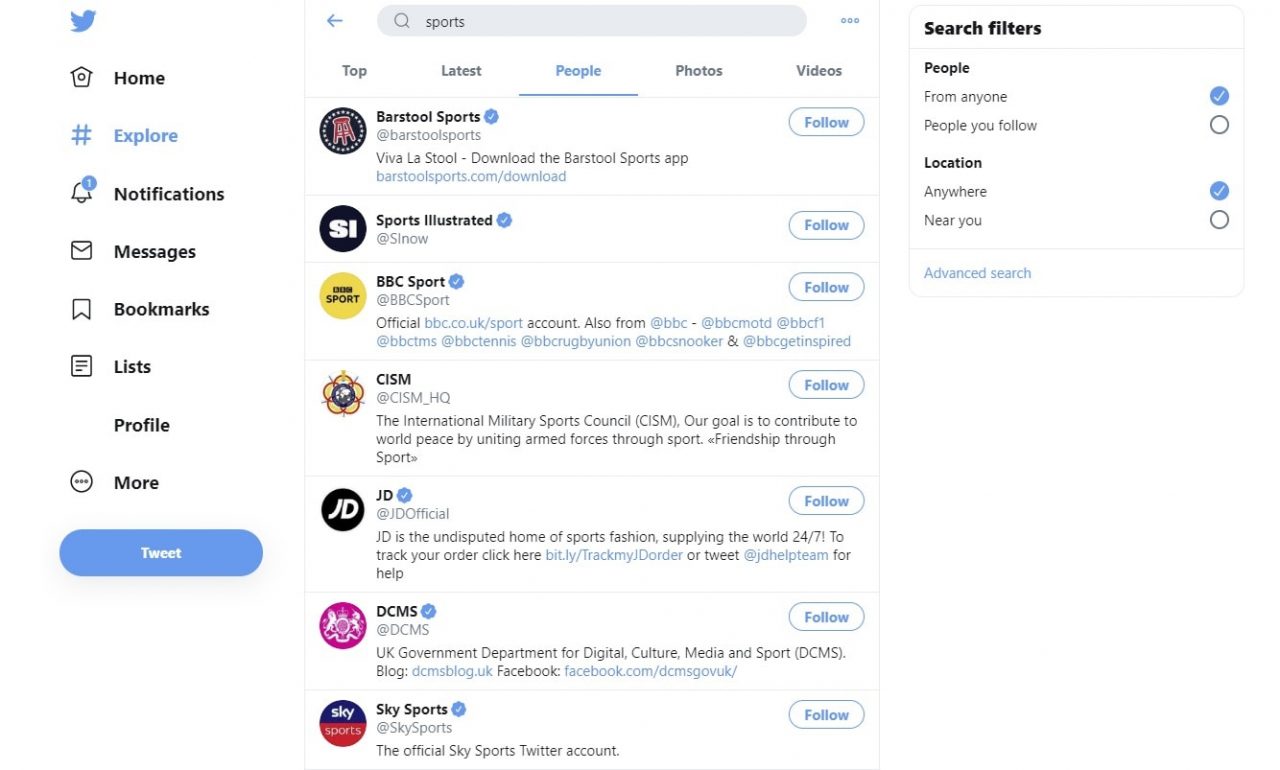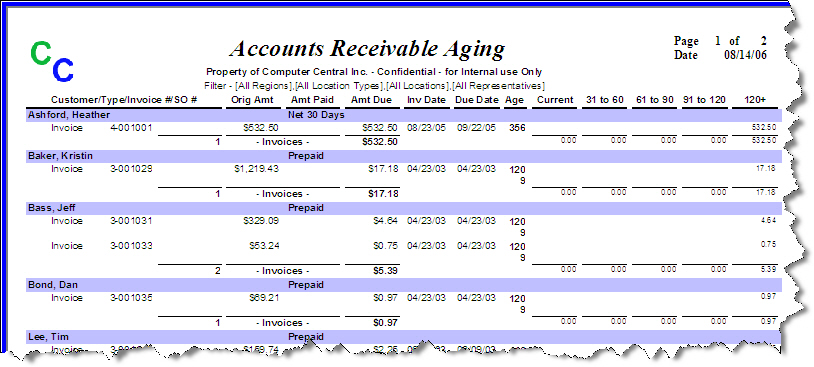

A professionally produced commercial shows an employee being escorted out of the office by security with a box of their belongings, while shocked co-workers stand and stare.

The CLHIA's public awareness campaign includes advertising on Facebook, LinkedIn and Twitter. It's forcing employers to make decisions about whether they cover expensive drugs that could be the difference between somebody living or dying, working or not working." "And employers can't afford to be paying hundreds of thousands of dollars for claims that aren't real when they have somebody truly in need. "There are life-saving drugs available under these plans that can cost hundreds of thousands of dollars," Allen points out. Those costs can be paid indirectly by honest, innocent employees. Dental insurance key factor in accessing oral health care, WECHU survey shows.Shoe inserts may not help plantar heel pain.Estimates for the number of fraudulent claims range from two to 10 per cent, meaning between $600 million and $3.4 billion is being stolen annually. In total, private insurers paid out $34 billion in health claims last year, according to the Canadian Life and Health Insurance Association (CLHIA). "People are going to want to take pieces of it." "There's a lot of money in our industry," he says. Then why is it OK to go to a provider and get an iPad that that employer paid for?"Īllen attributes the fraud epidemic to greed.

"If you saw somebody walking out with an iPad that the employer had bought, you would be offended by that. "We wouldn't think it's acceptable to steal from our employer outright," he says. He's seen employees collect all manner of goods. Green Shield's Brent Allen says providers often encourage scam participants to max out on their plans' provisions. Sun Life's Dave Jones says the company's fraud team includes close to 100 investigators, some of them former police officers, others are data scientists. "They'll say there's no need to worry about getting caught, because they know the provider, and if the insurance company calls them, they will validate the claim."Īskin refers to fraud ring organizers as "recruiters" and says the schemes can grow quickly, as employees reap rewards and spread the word. "You're sitting in the lunchroom when a co-worker comes in and says, 'I've got $1,000 worth of massage receipts, $2,000 worth of physiotherapy receipts, submit them all, and we can share the money,'" explains Gary Askin, a former commander with the Waterloo, Ont., police force who now works as a fraud investigator with Sun Life.Ĭash, cash cards, purses, designer sunglasses, coats and iPads are examples of what people have been able to get with fraudulent health benefit claims. Employers and their insurance providers are reeling at the proliferation of fraud rings - groups of employees who work together to abuse and exploit benefit plans, with medical services providers as their eager accomplices.


 0 kommentar(er)
0 kommentar(er)
